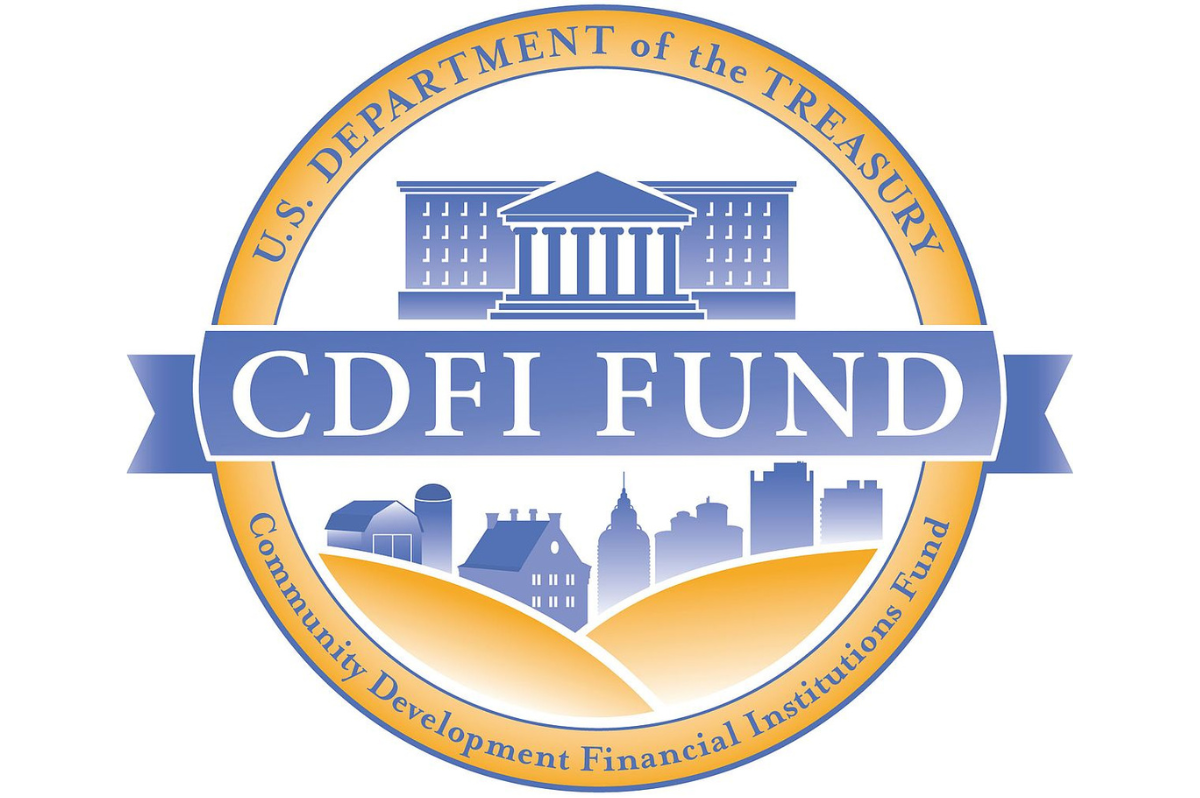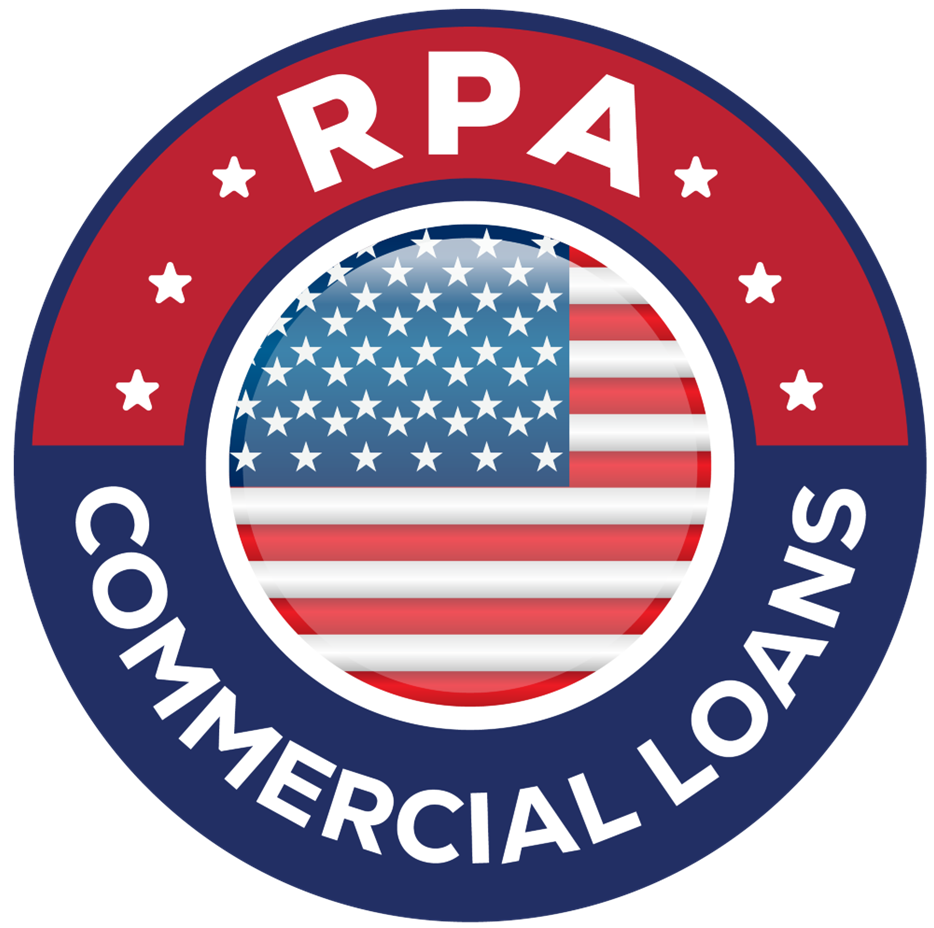
You may be unfamiliar with Small Business CDFI loans. If that is the case now, you should become more familiar over the next few minutes.
CDFI loans are issued by government-approved financial institutions that are meant to help underserved communities. If you are having difficulty qualifying for a small business loan, and you are located in an underserved community, a CDFI loan may be the solution you seek. The first step is to find a local CDFI lender in your area.
What is a CDFI Lender?
I'm glad you asked. A CDFI lender has received certification from the CDFI Fund. CDFIs include regulated institutions, such as community development banks and credit unions, and non-regulated institutions like loan and venture capital funds. The CDFI Fund works to empower low-income and underserved people and communities to enter the financial mainstream.
Certified CDFIs are eligible to apply for awards through a variety of programs offered by the CDFI Fund. These awards enable CDFIs to finance a wide range of activities - including commercial loans for businesses in low-income areas. Through varying strategies, CDFIs contribute to the cultivation of a healthy and stable local economy.
Community Development Financial Institutions (CDFIs) are a different kind of lender. They are financial institutions that are located in rural, urban, and Native communities throughout the United States and its territories. They provide financial opportunities for small businesses, housing, communities, and more, with a primary focus geared toward those who live in low-income communities. Products offered include relief and recovery loans to working capital.
Who is Eligible for a CDFI Loan?
CDFI loans are available to anyone living in an underserved and/or low-income community. CDFI lenders assist individuals and small businesses with loans that may not be available from regular banks or from the broader capital community.
How Do I Apply?
Well, your first step is to come to us, of course, and we can assist you with your application to a CDFI lender. Underwriting for these loans can be a bit more informal than your standard application process. You should prepare yourself by collating the following items:
Tell your story. Are you an underserved borrower? Normally, that would mean you are a minority, a female, living in a rural area, or a veteran, but even if you don't fall into one of these categories, you may still be able to obtain financing from a CDFI lender. Why are you seeking funding from a CDFI lender? Have you already been denied for a bank loan? Do you know why? Are you concerned about predatory online or offline lenders? Be prepared to explain why you are unable to obtain traditional financing.
Why do you need this loan? Be as detailed as possible about your need for the loan and its purpose. If you can explain how receiving this funding will enable you to assist and augment your local, underserved community members, so much the better!
Financial documents and information. While underwriting may be a bit relaxed, certain documents will still be necessary. Many CDFIs will accept credit scores as low as 600, but be ready to explain why your score is low. Be prepared with standard financial documents, such as bank statements, tax returns, financial statements (personal & business), and a list of collateral (if any). Many financial institutions will have their own forms for some of these documents, so be prepared to have to transcribe the information from your source documents to their forms/formats.
Each CDFI has its own target market. By working with us, you can save a lot of time, as we know which CDFIs in each market are specifically targeting business borrowers. We will help you gather the necessary documents and process your application for you. Get in touch with us for more information or to begin the application process for your CDFI small business loan.


